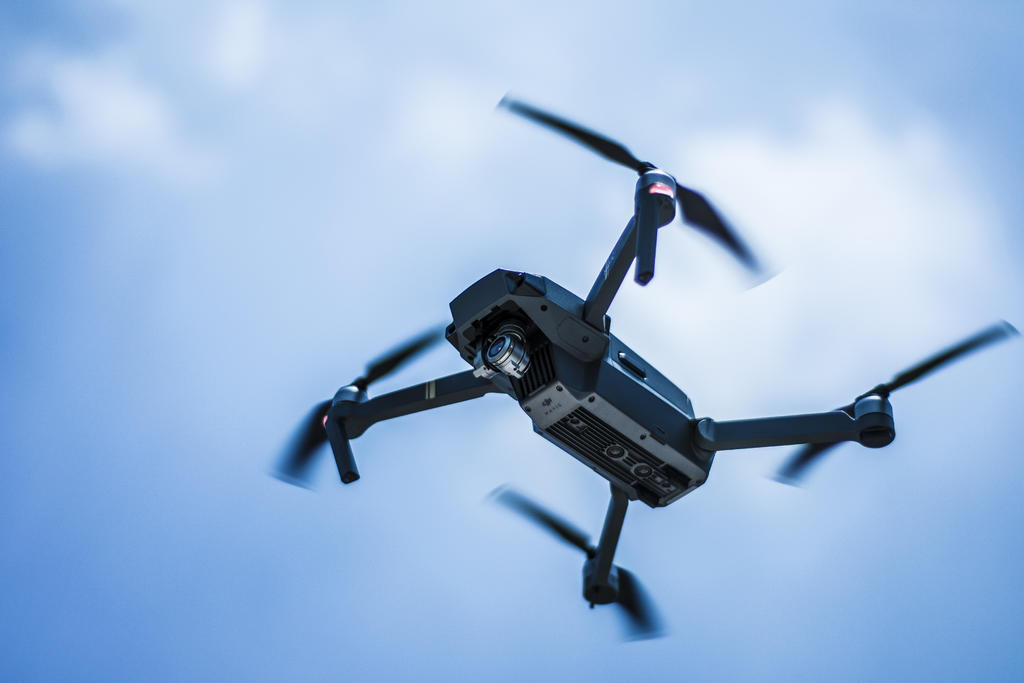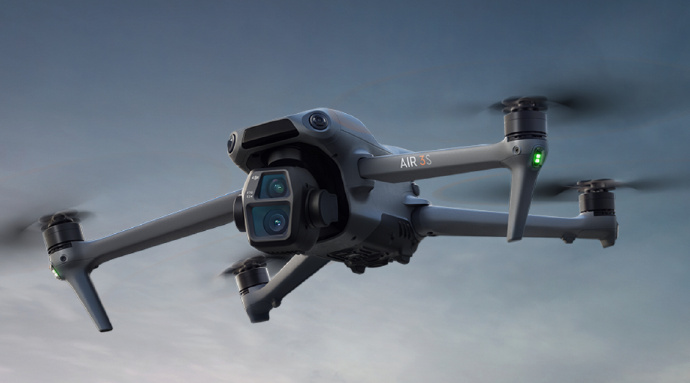Exploring the concept of drone surveillance has become a crucial topic in today’s discussion on privacy and security. Institutions like Brookings have delved deeply into understanding its implications, providing insights that both enlighten and warn about the future of surveillance technologies. As drone technology advances, its potential for monitoring environments comes with a growing concern about privacy breaches and ethical dilemmas.
The Rise of Drone Surveillance: A Necessity or Threat?
Drone surveillance has positioned itself as a double-edged sword. On one hand, it aids in monitoring areas prone to natural disasters, assists in traffic management, and enhances security in high-risk zones. On the other hand, this technology raises valid concerns regarding the invasion of privacy and the misuse of collected data. Brookings, a respected institution focused on public policy research, has shed light on the balance between employing these technologies for safety and respecting individual privacy rights. Their comprehensive research highlights the ongoing debate on regulatory frameworks that should be established to manage the exponential growth of surveillance technology.
Key Concerns Highlighted by Brookings
The Brookings Institution stresses the importance of legal frameworks in the deployment of drone surveillance. Strong regulations are necessary to prevent the misuse of data and to safeguard personal liberties. This is essential not only for protecting privacy but also for maintaining public trust in technological advancements. Brookings advocates for transparency from both government agencies and private companies utilizing surveillance technology, urging them to disclose their data practices and usage intentions transparently.
- Regulatory guidelines are paramount in ensuring ethical usage.
- Data protection mechanisms must be robust.
- Public awareness campaigns can help maintain informed consent.
Technological and Ethical Implications
As drone surveillance technology becomes more integrated into daily life, the Brookings Institution advises policymakers to consider both technological and ethical implications. With better sensors and longer flight capabilities, drones can capture detailed and sensitive information that could infringe on personal privacy if not properly regulated. Therefore, frameworks focusing on ethical guidelines must be developed alongside technological advancements. Brookings’ research suggests creating ethical boundaries that incorporate considerations of privacy and personal rights.
The challenge lies in balancing technological benefits with human rights.
Potential Benefits and Drawbacks

There’s a multitude of benefits associated with drone surveillance. These devices offer real-time data collection, logistical support during emergencies, and heightened security measures. However, these advantages come paired with significant drawbacks, such as potential infringements on civil liberties. Surveillance data could be exploited when not properly safeguarded, leading to an erosion of trust between the public and institutions.

Security Enhancement vs. Privacy Concerns
Brookings outlines the need for ongoing discourse regarding the balance between societal security benefits and the safeguarding of individual privacy. The widespread use of drones could potentially lead to an Orwellian society where constant monitoring is the norm. Therefore, a nuanced approach is required to ensure drones are used responsibly and ethically.
Moreover, Brookings emphasizes the role of public engagement in forming policies that reflect societal values and expectations. Public input can shape how technology is integrated into society, potentially alleviating anxieties related to surveillance.
Commonly Asked Questions
- Why is regulating drone surveillance important?
- Regulating drone surveillance is crucial to protect privacy, prevent data misuse, and maintain public trust. It ensures technology serves the public good without infringing on individual rights.
- How can we ensure ethical use of drones?
- Ethical use of drones can be ensured through robust policies, transparent data practices, and public discourse that reflects societal values.
- What role does Brookings play in drone surveillance discussions?
- Brookings contributes research and policy recommendations to balance technological benefits with privacy concerns, aiding policymakers in creating informed regulations.